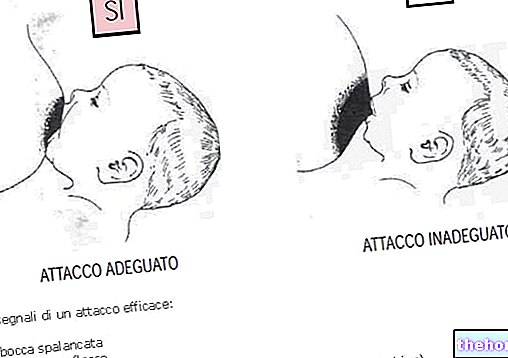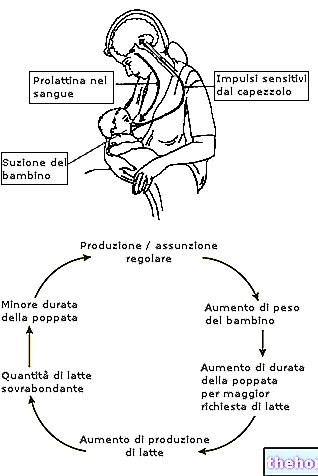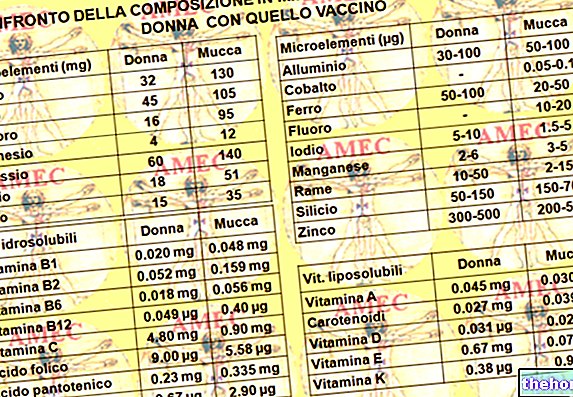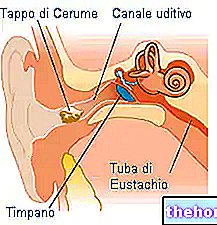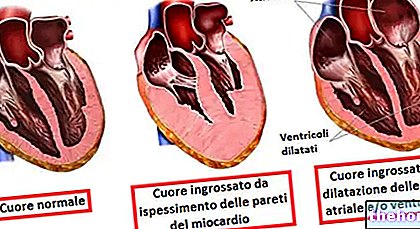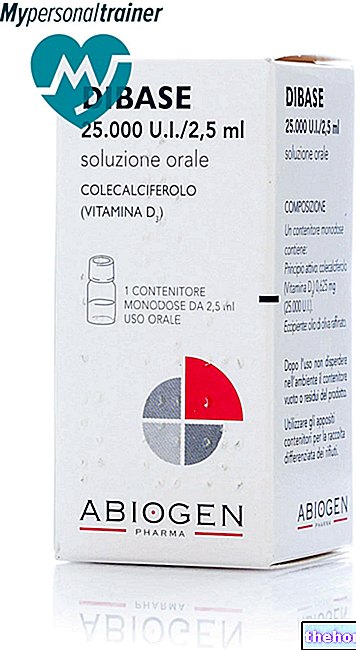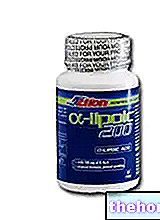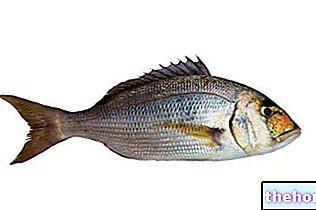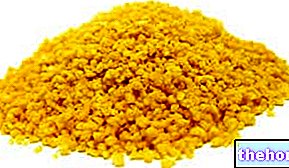Nowadays, more and more perfected formulated milks have been industrially prepared, through various stages, starting from cow's milk, in order to be as chemically similar as possible to human milk and to better respond to the digestive and nutritional needs of the small infant, that is the baby of the first 4/6 months, all on the model of the breast-fed infant. For this reason, these are also called adapted milks or milks for infants.
In the absence of breast milk, adapted milks represent, in current practice, the only valid alternative for feeding in the first 4-6 months of life. The ESPGAN nutrition committee has provided precise composition indications for them both in terms of macro and micronutrients, to which the various manufacturers have adapted.
The adapted milks are available in packs both in powder form, to be reconstructed in mineral water at 13-14%, and ready in the liquid state, and give a sure guarantee both in terms of composition and sterility. They are generally indicated with the number 1 next to the trade name (Aptamil, Humana, Eulac, Formulat, Mellin, Nativà, Milumil, Nidina, Nursilat, Nutrilac, Nutrilon premium, Premium, Primigiorni, Transilat, Similac, Vivena). Many are supplemented with carnicine and taurine; some with long-chain polyunsaturated fatty acids (EPA, DHA). All are supplemented with added vitamins, especially D, however, despite the great progress made, the chemical composition of adapted milk is still different in many respects from that of human milk and is particularly deficient in immune defense factors.
Other articles on "Adapted milk"
- Characteristics of breast milk
- Woman's milk
- colostrum
- breast milk and cow's milk
- Milk below
- Growth milks
- Special milks

